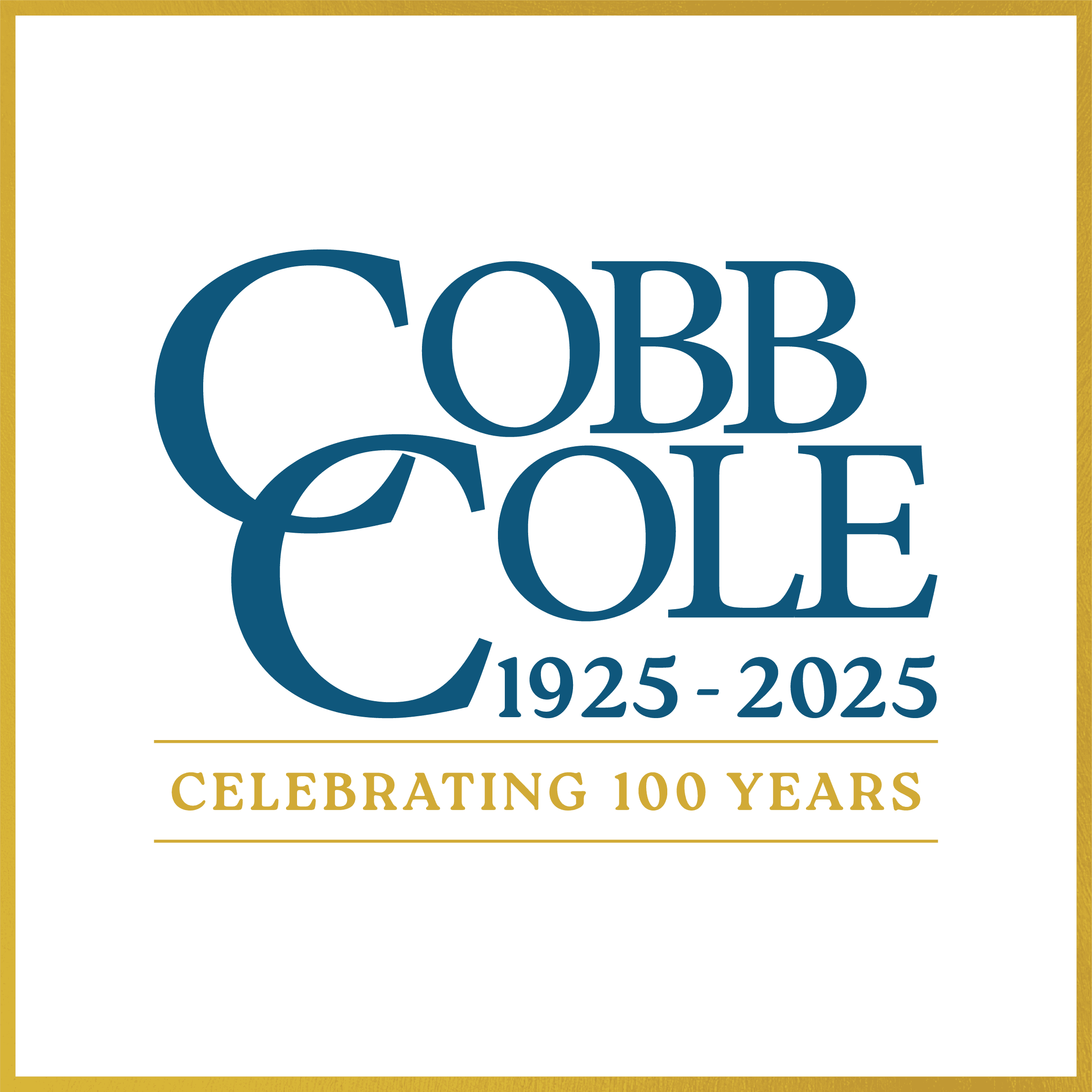The past 15 years or so have seen some major upheavals in federal estate tax laws, some good and some that created lots of uncertainty. Now we are on the precipice of another, major change; the expiration of the current estate tax exemption of $13.6 million on December 31, 2025, and the rollback to a new exemption of around $7 million per individual.
The changes began with the 2010 repeal of the tax followed by the 2011 reinstatement, hastily modified at the last minute to avoid reinstating the tax too much. That, in turn, was hastily modified at the last minute in 2013 to avoid the same result, and that gave us the permanent $5 million per person estate tax exemption amount which would be adjusted for inflation every year. 2017 brought us the doubling of the exemption to $10 million per person as annually adjusted for inflation which led to the current exemption amount of $13.6 million per person.
As with prior changes to the tax laws, it isn’t scheduled to last and many of the provisions of the 2017 law will sunset at the end of 2025, including the increased exemption amount. On January 1, 2026, the estate tax exemption amount for each person will be rolled back to a baseline $5 million as adjusted for inflation. We expect the exemption amount to settle around $7 million per person, depending on how the IRS calculates for inflation. For most people that won’t mean much, but for individuals who have more than $7 million (or $14 million per married couple), it means they now have an estate tax problem come 2026.
To illustrate, a married couple with $20 million in assets could both pass away before January 1, 2026, and their heirs would pay no estate tax. But if that couple passes away on or after January 1, 2026, then their heirs could be looking at an estate tax of $2.4 million ($20 million less $14 million combined exemption equals $6 million taxable estate taxed at 40%). There are ways to avoid or minimize this result, but it requires prompt action.
The basic strategy is to use up as much of the current $13.6 million exemption as possible. Every dollar given away in excess of the expected $7 million rollback amount saves 40 cents that won’t be clawed back into the estate when the donor dies.
Going back to our $20 million couple, if the Wife has $15 million in her name and the Husband has $5 million, the Wife can make a taxable gift to the Husband through a special trust. Ordinarily, gifts between spouses aren’t taxable because there is an unlimited deduction for gifts between spouses. However, if the gift is made through a trust that limits the spouse’s ability to access the funds, then the gift can be taxable. If the trust is structured properly the trust assets will not be taxable in the donee spouse’s estate.
In our example, Wife creates a spousal lifetime access trust (“SLAT”) for the benefit of Husband. Husband gets the income from the SLAT but can only access the principal for certain purposes, like health, education, maintenance, and support. Wife puts $13 million into the SLAT before January 1, 2026. If Wife dies in 2030 when the exemption is $7 million, only the current exemption amount of the gift is brought back into her estate to determine if the estate is taxable or not. The excess $6 million that she put into the SLAT is not taken into account, resulting in potential estate tax savings of $2.4 million.
Inter-spousal gifts are just one method of using up as much of the exemption as possible. Wealthy families can also make gifts to children or grandchildren, either outright or through a trust. For some, giving away the full $13.6 million each will still leave them with a taxable estate. For them, we can look into additional tax-saving strategies, but we start with using as much exemption as possible before it disappears. The attorneys at Cobb Cole are well-versed in estate tax planning and stand ready to assist you with all your estate planning needs.

